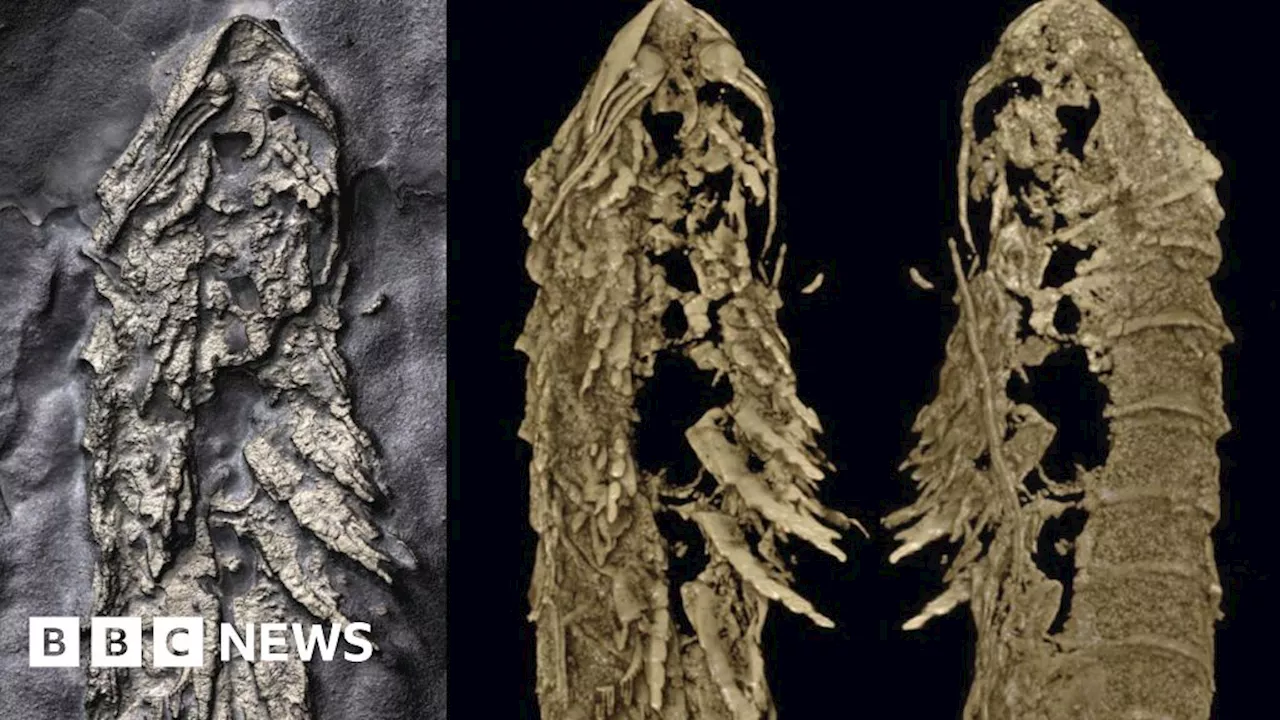A team of researchers at Kumamoto University has uncovered a groundbreaking mechanism in the formation of harmful protein aggregates that lead to neurodegenerative diseases such as Parkinson's Disease.
Kumamoto UniversityNov 1 2024 A team of researchers at Kumamoto University has uncovered a groundbreaking mechanism in the formation of harmful protein aggregates that lead to neurodegenerative diseases such as Parkinson's Disease.
In a healthy state, α-synuclein typically regulates neuronal function. However, in neurodegenerative diseases, it aggregates together, leading to cell damage and motor symptoms. The researchers identified that G4s, four-stranded RNA structures that form in response to cellular stress, function as a "scaffold" that facilitates α-synuclein aggregation.
The team went a step further, demonstrating a new approach to prevent this process. They administered 5-aminolevulinic acid , a compound that blocks G4 formation, to model mice exhibiting Parkinson's-like symptoms. Impressively, 5-ALA treatment not only prevented α-synuclein aggregation but also halted the progression of motor symptoms, a promising sign for potential therapies targeting early-stage neurodegeneration.
Related StoriesThis breakthrough could significantly advance treatments aimed at neurodegenerative diseases by focusing on G4 regulation. Since G4s are also implicated in other diseases such as Alzheimer's Disease, this discovery may broaden the impact of such treatments beyond Parkinson's Disease.
Calcium Cell Intracellular Neurodegenerative Diseases Parkinson's Disease Protein Research RNA Stress
United Kingdom Latest News, United Kingdom Headlines
Similar News:You can also read news stories similar to this one that we have collected from other news sources.
 Kumamoto University makes groundbreaking discovery in aging and inflammationA team at Kumamoto University has made a groundbreaking discovery in the field of aging and inflammation. Japan's aging population is growing at an unprecedented rate, making it crucial to extend healthy lifespans rather than just lifespans.
Kumamoto University makes groundbreaking discovery in aging and inflammationA team at Kumamoto University has made a groundbreaking discovery in the field of aging and inflammation. Japan's aging population is growing at an unprecedented rate, making it crucial to extend healthy lifespans rather than just lifespans.
Read more »
 New research explores how antimicrobial exposure affects Parkinson’s disease riskAntibiotic exposure shows potential protective effects against Parkinson's, while antifungal use is linked to increased risk, indicating microbiome involvement.
New research explores how antimicrobial exposure affects Parkinson’s disease riskAntibiotic exposure shows potential protective effects against Parkinson's, while antifungal use is linked to increased risk, indicating microbiome involvement.
Read more »
 Indiana University scientists pioneer oculomics research with NIH supportIndiana University scientists with expertise in optometry and artificial intelligence are among the first three groups of researchers to receive support from a new program from the National Institutes of Health supporting the emerging field of 'oculomics,' which uses the eye as a lens on diseases that affect the whole body.
Indiana University scientists pioneer oculomics research with NIH supportIndiana University scientists with expertise in optometry and artificial intelligence are among the first three groups of researchers to receive support from a new program from the National Institutes of Health supporting the emerging field of 'oculomics,' which uses the eye as a lens on diseases that affect the whole body.
Read more »
 Wayne State University receives NIH grant for innovative drug design researchA grant from the National Institutes of Health will help Wayne State University researchers explore new avenues for using computer models to produce medications.
Wayne State University receives NIH grant for innovative drug design researchA grant from the National Institutes of Health will help Wayne State University researchers explore new avenues for using computer models to produce medications.
Read more »
 Newcastle University research on North East accentsResearchers want to find out if people in north-east England can identify variety in local accents.
Newcastle University research on North East accentsResearchers want to find out if people in north-east England can identify variety in local accents.
Read more »
 Spider relative fossil discovered preserved in 3D in fool's goldThe new species has been discovered by a research team lead by the University of Oxford.
Spider relative fossil discovered preserved in 3D in fool's goldThe new species has been discovered by a research team lead by the University of Oxford.
Read more »
